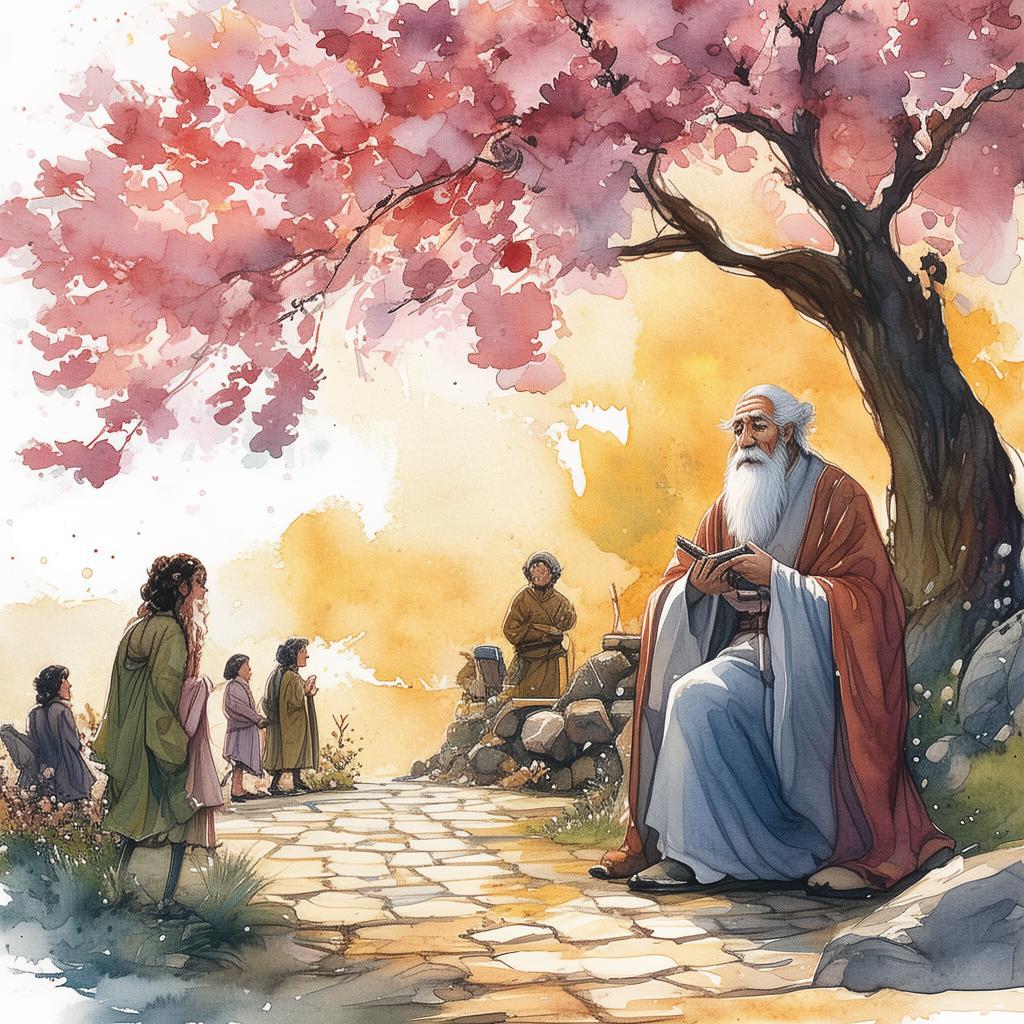The Four Idioms' Renaissance: A Cryptic Quest in Ancient Rome
In the bustling city of Rome, under the shadow of the grand Colosseum, there lived a young scholar named Marcus. His name was whispered among the learned, for he had a gift for deciphering the most cryptic of texts. Marcus had dedicated his life to the study of the ancient idioms, believing that they held the key to understanding the past and perhaps even the future.
One fateful day, Marcus received a mysterious scroll. It was an invitation from an enigmatic figure known only as the Scribe of Shadows, who claimed to possess knowledge of four idioms that had been lost to time. These idioms, according to legend, held the power to reshape the very fabric of reality. Intrigued and driven by a thirst for knowledge, Marcus set out on a journey that would take him through the treacherous underbelly of Rome.
The first idiom, "The Fox in the Henhouse," led Marcus to the opulent estate of Senator Lucius. The senator was known for his cunning and power, and it was rumored that he harbored secrets more dangerous than the lions in the Colosseum. Marcus, posing as a humble translator, was granted access to the senator's library. There, he discovered a hidden chamber filled with scrolls and artifacts. Among them was a scroll that contained the first idiom, written in an ancient script.
As Marcus deciphered the scroll, he learned that the idiom was a warning about the rise of a cunning leader who would bring chaos to Rome. The senator, realizing that Marcus had discovered his secret, attempted to have him killed. But Marcus, with the aid of a loyal slave named Titus, managed to escape and continue his quest.
The second idiom, "The Blind Leading the Blind," led Marcus to the Temple of Vesta, where he met a group of盲人 priests. They spoke of a prophecy that foretold the rise of a leader who would be guided by ignorance and bring about a time of darkness. Marcus, sensing that this idiom was a warning about the dangers of blind obedience, sought to uncover the identity of the leader.
The third idiom, "The Elephant in the Room," took Marcus to the Forum, where he witnessed a grand debate between the optimists and the pessimists. The optimists believed that Rome's best days were ahead, while the pessimists predicted doom and destruction. Marcus, realizing that the idiom was a metaphor for the dangers of ignoring the obvious, sought to find a way to unite the two factions.

The fourth and final idiom, "The Cat in the Bag," led Marcus to the catacombs beneath the city. There, he discovered a hidden chamber filled with the bodies of those who had dared to challenge the Scribe of Shadows. It was here that Marcus finally met the Scribe, a wise old man who revealed that he was a guardian of the idioms, tasked with ensuring they were not misused.
The Scribe explained that the idioms were not meant to be used as weapons but as tools for understanding and growth. Marcus, understanding the true purpose of the idioms, decided to use his knowledge to help Rome overcome its challenges. He returned to the Forum and revealed the secrets he had uncovered, uniting the optimists and pessimists in a common cause.
In the end, Marcus realized that the idioms were not just about predicting the future but about understanding the present and making the right choices. He became a revered figure in Rome, known as the Scribe of Idioms, and his story was told for generations to come.
Marcus's journey through the idioms had not only uncovered the secrets of the past but also brought about a new era of enlightenment and unity in Rome. The Four Idioms' Renaissance had begun, and Marcus was its guiding light.
✨ Original Statement ✨
All articles published on this website (including but not limited to text, images, videos, and other content) are original or authorized for reposting and are protected by relevant laws. Without the explicit written permission of this website, no individual or organization may copy, modify, repost, or use the content for commercial purposes.
If you need to quote or cooperate, please contact this site for authorization. We reserve the right to pursue legal responsibility for any unauthorized use.
Hereby declared.









